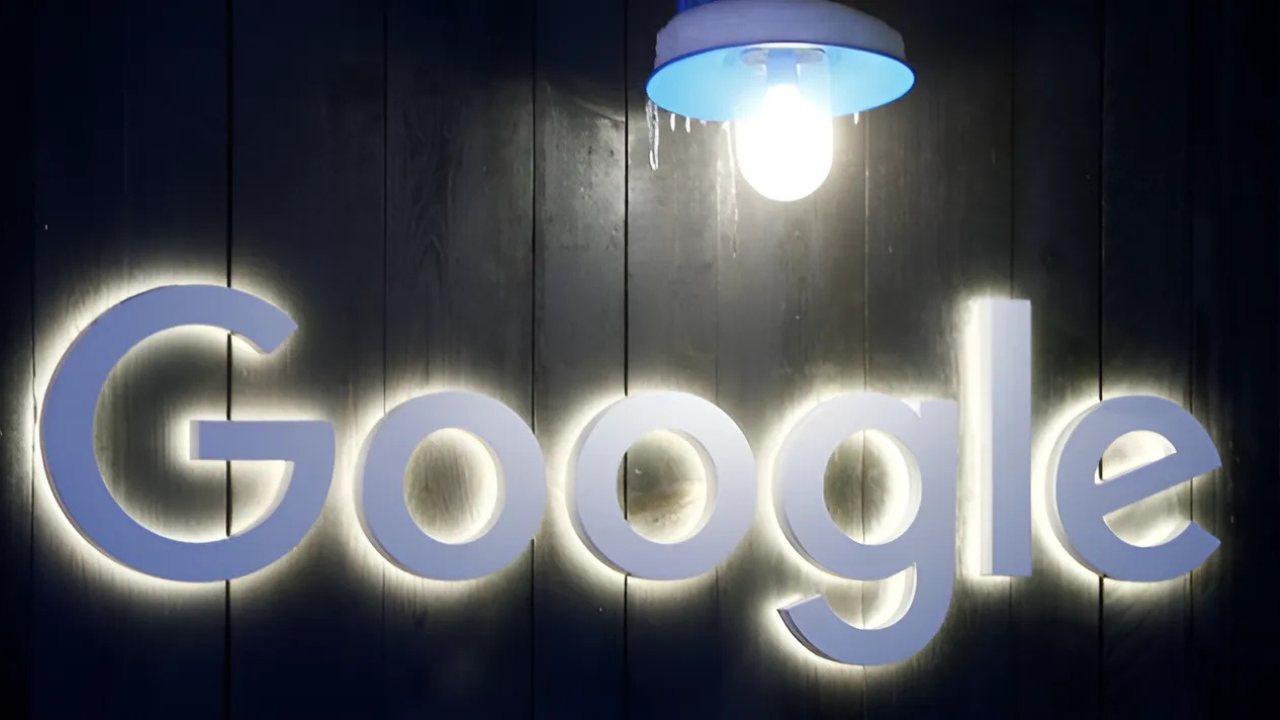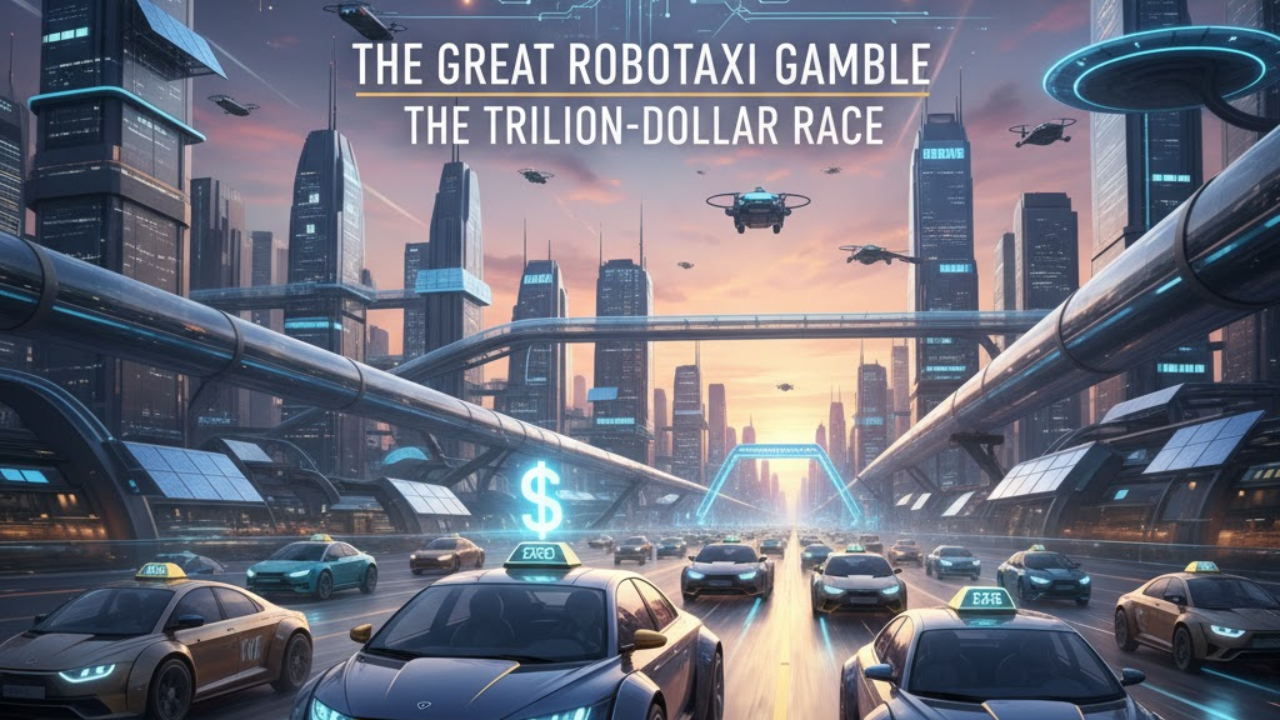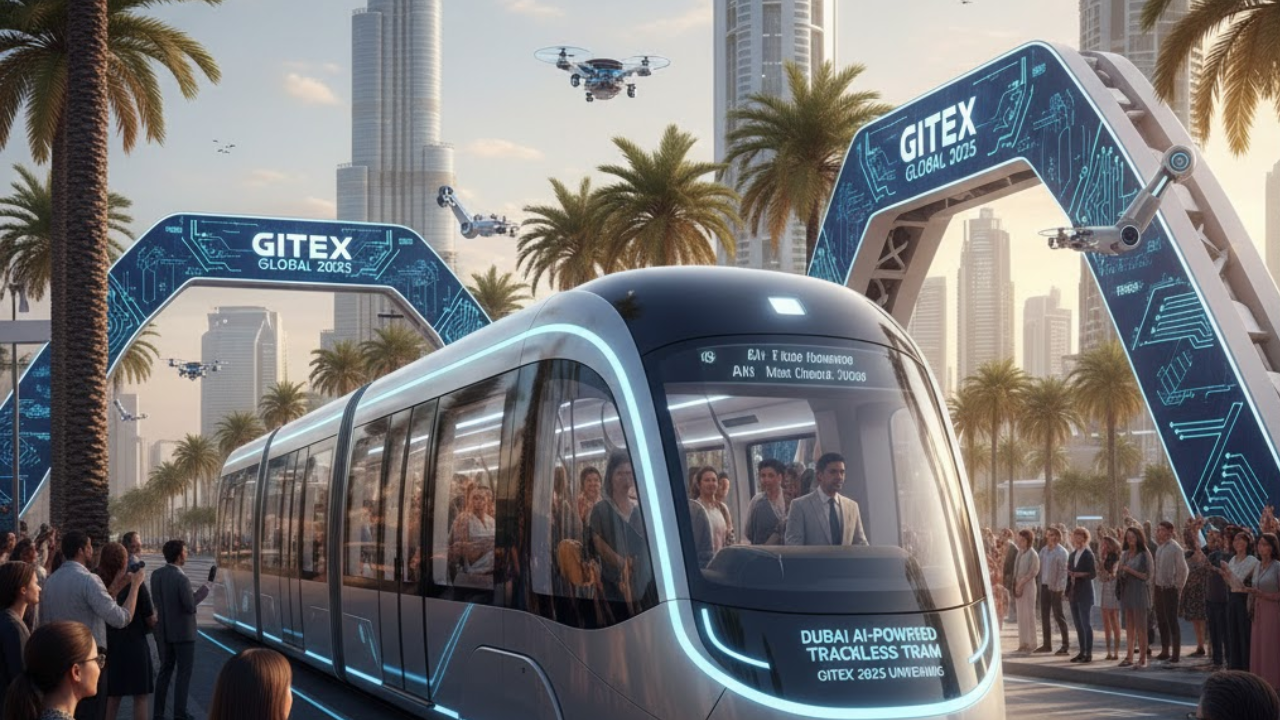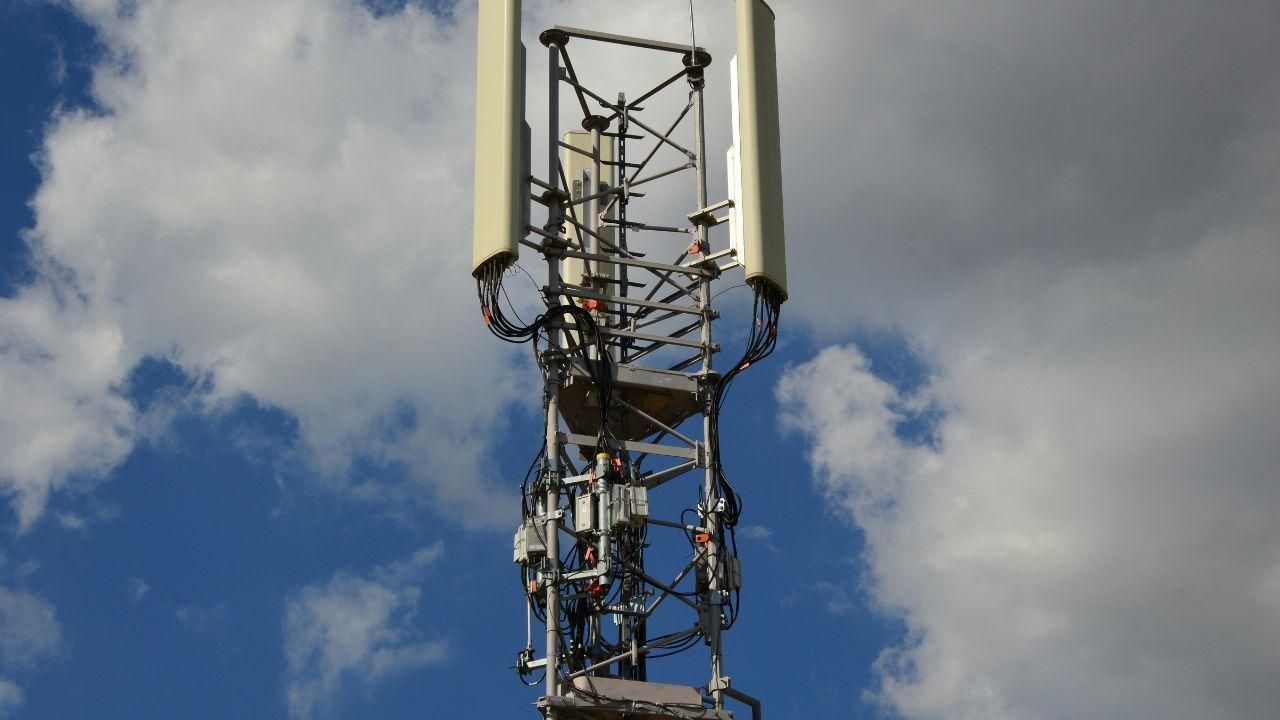
Post by : Meena Rani
Google, the company behind Android and the Play Store, has been in a long legal battle with Epic Games, the creator of Fortnite. The case centers around how Google manages its Play Store, how it controls app distribution, and the payments made inside apps. Recently, a U.S. appeals court made a major decision against Google, refusing to delay changes to the Play Store. This ruling is a big moment in the ongoing fight over fair competition in the digital marketplace.
The U.S. Court of Appeals rejected Google’s request to put a pause on a judge’s order that requires major reforms to the Play Store. This means Google must follow the court’s instructions to open up its Play Store to more competition.
The order requires:
Allowing users to download and install rival app stores inside Google Play.
Giving competitors access to Google Play’s app catalog.
Stopping Google from blocking other payment methods in apps.
Preventing Google from paying device makers to install Play Store by default.
Ending revenue-sharing deals that discourage competition.
Google had asked the appeals court to freeze this order while they tried to challenge it further. But the court said Google did not meet the “high bar” needed to keep the order on hold.
Google argued that the order was “unprecedented” and unfair. The company claimed:
It would create different legal rules for Google and Apple, leaving Google at a disadvantage.
It could harm user privacy and security, as rival app stores might not have the same protections.
It could reduce consistency for Android users and cause confusion.
Google also said it is disappointed by the ruling and is considering asking the U.S. Supreme Court to review the case.
Epic Games welcomed the court’s decision. Tim Sweeney, CEO of Epic Games, praised the ruling and said it would benefit both developers and consumers. Epic’s goal from the start was to break Google’s control over app distribution on Android and allow fair competition.
Epic originally filed the lawsuit in 2020, accusing Google of using unfair methods to dominate how apps are installed and how in-app payments are handled.
Epic Games became famous for challenging both Apple and Google in 2020. The fight began when Epic tried to bypass Google and Apple’s in-app payment systems, which charge a large commission fee on each transaction.
Against Apple: Epic mostly lost. The court ruled that Apple’s system was not a monopoly, though some changes were required.
Against Google: Epic convinced a jury in 2023 that Google’s practices were anticompetitive.
The ruling forced Google to make changes. U.S. District Judge James Donato ordered Google to reform its Play Store, making it easier for third-party apps and stores to compete.
Judge Donato’s injunction was strict and wide-reaching. It included:
Google cannot block other in-app payment systems.
Google must allow users to download competing app stores for the next three years.
Google cannot pay phone makers or partners to keep Play Store as the only default store.
Google cannot share Play Store revenue with rivals to discourage competition.
This was a major victory for Epic, as the court found evidence that Google had used unfair methods to protect its dominance.
The appeals court made it clear that Google failed to prove why the injunction should be delayed. The panel said there was enough evidence that Google had stifled competition for years.
They also noted that Google still has time to prepare for changes:
Some reforms must be done within 30 days.
Others allow up to 10 months for compliance.
This gives Google time, but not a chance to escape responsibility.
For developers, this ruling means they may soon be able to distribute apps more freely without being forced to rely only on Google Play. They may also save money by using cheaper payment methods instead of Google’s system.
For users, this could mean more choices when downloading apps. Instead of just using Google Play, they might have access to other trusted app stores, giving them more options and possibly better prices.
This case highlights a major difference between Apple and Google. Apple won most of its fight with Epic and kept control of the App Store. But Google lost and must now make big changes.
This means the two tech giants, who dominate the mobile app world, are now under different legal rules. Google says this creates an uneven playing field, but the courts believe it is necessary to ensure fair competition.
Google still has the option to appeal to the U.S. Supreme Court. If the Supreme Court agrees to take the case, it could either uphold the lower court’s decision or change the rules again.
But unless that happens, Google must begin preparing to open its Play Store to competitors.
This case is about more than just Google or Epic. It is about how the digital world works, how much power big tech companies should have, and how fair the app economy should be.
Millions of people use Android devices every day, and billions of dollars are spent through app stores. The way these stores are managed affects everyone — developers, businesses, and consumers.
If Epic succeeds, it could inspire more companies to challenge tech giants and push for more freedom in the digital marketplace.
The U.S. appeals court’s rejection of Google’s request marks a turning point in the battle over app store control. Google must now follow strict rules that reduce its power and give developers and consumers more options. Epic Games sees this as a major win for fairness in the app economy.
The fight is not over, as Google may take the case to the Supreme Court. But for now, the ruling shows that even the biggest tech companies must answer for their actions when they stifle competition.
#Google #EpicGames #PlayStore #AppStore #TechNews #Android #CourtRuling #Competition #Developers #DigitalEconomy










Bengaluru-Mumbai Superfast Train Approved After 30-Year Wait
Railways approves new superfast train connecting Bengaluru and Mumbai, ending a 30-year demand, easi

Canada Post Workers Strike Halts Nationwide Mail and Parcel Services
Canada Post halts operations as CUPW strike disrupts mail and parcel delivery nationwide amid disput

PM Modi Launches BSNL ‘Swadeshi’ 4G Network, 97,500 Towers Built
India enters global telecom league as PM Modi inaugurates BSNL’s indigenous 4G, connecting 26,700 vi

India’s Iconic MiG‑21 Takes Final Flight After Six Decades of Service
After 60 years India retires its MiG‑21 fighter jet, a legendary yet controversial warplane marking

Hindustan Zinc unveils AI hotspot monitoring at Debari smelter
Hindustan Zinc launches AI-powered Switchyard Hotspot Monitoring at Debari smelter to cut outages bo

Chinese experts worked inside sanctioned Russian drone plant
Chinese drone specialists visited IEMZ Kupol supplying parts and drones via intermediaries, deepenin